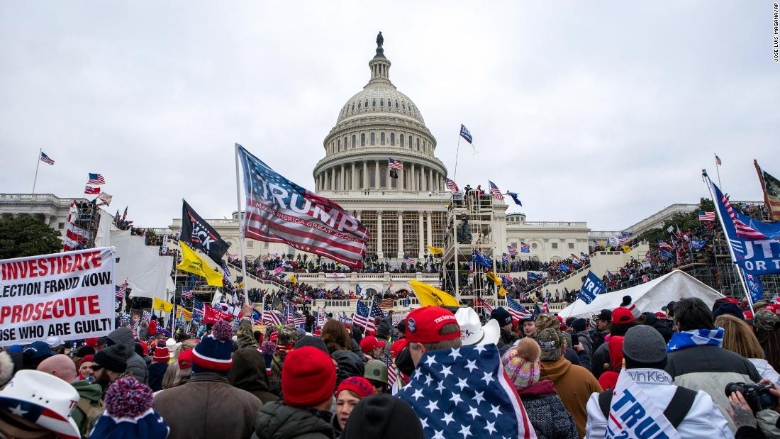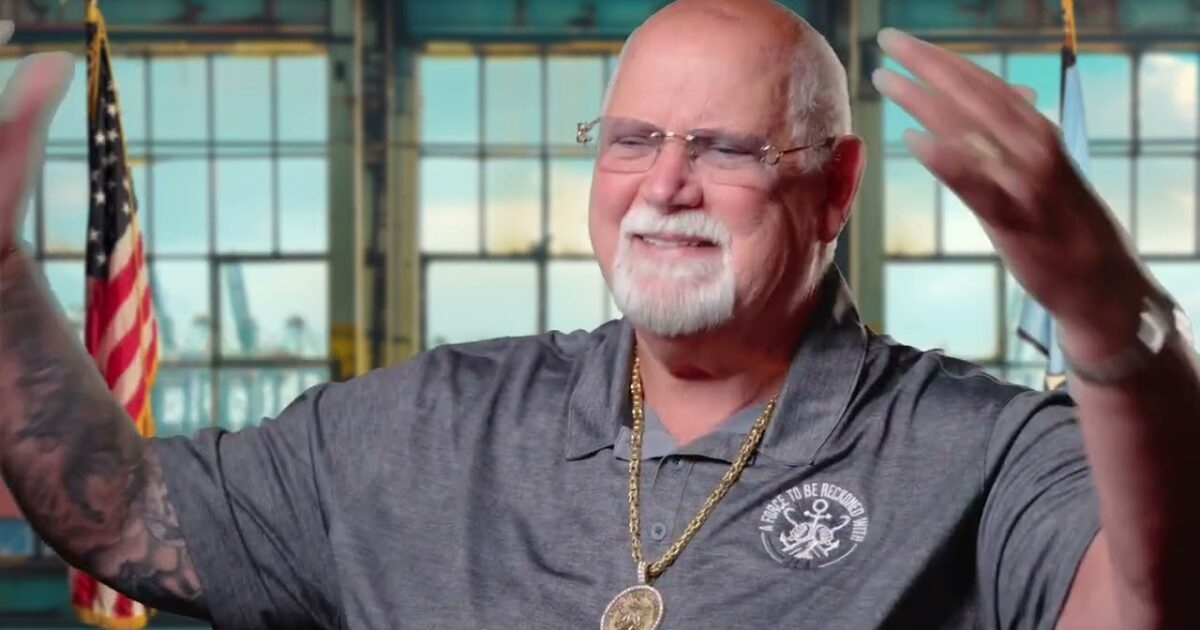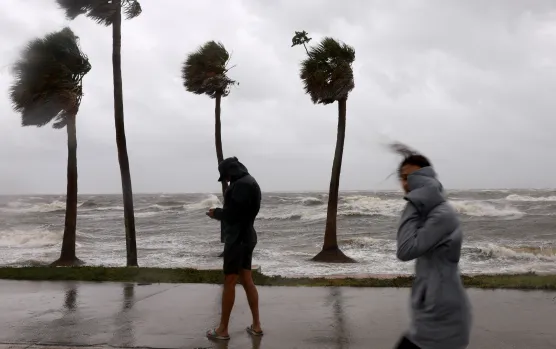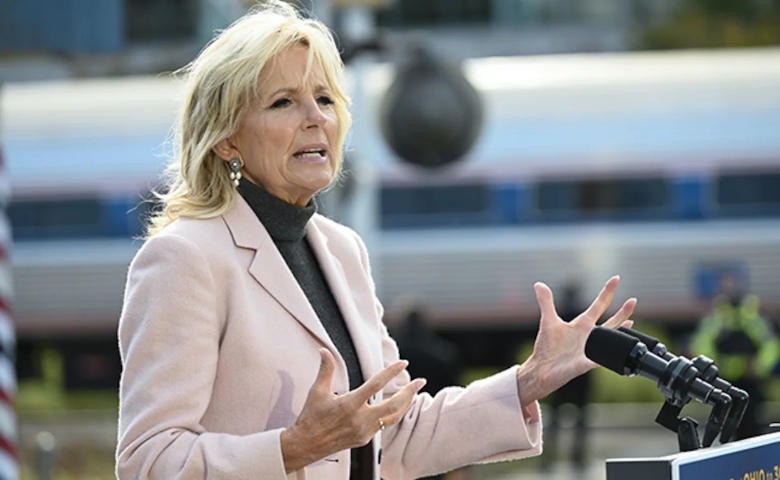A whistleblower has come forward with explosive allegations that the FBI deliberately concealed the involvement of over 25 confidential informants during the January 6, 2021, protest at the U.S. Capitol. According to testimony provided to the House Judiciary Committee, FBI Deputy Director Paul Abbate directed his subordinates to hide the identities and activities of these informants, citing concerns that revealing their involvement would be “too embarrassing” for the agency.
The whistleblower’s claims were first reported by investigative journalist Kerry Picket of The Washington Times in 2023. The disclosure suggests that the FBI’s leadership intentionally withheld crucial information from the public about the informants’ roles in the events of January 6. According to the whistleblower, Abbate believed acknowledging the informants’ presence and activities would tarnish the bureau’s reputation.
Eric Thompson Podcast
Testimony provided to the House Judiciary Committee further revealed that at least 25 confidential human sources (CHSs) were embedded within the protest crowd. Despite their direct involvement, the FBI reportedly decided that their existence should remain classified, even as allegations of politically motivated investigations and misconduct within the bureau continue to surface.
Adding weight to the whistleblower’s allegations, a recent report from the Department of Justice (DOJ) Inspector General confirmed that 26 confidential human sources were present during the January 6 protests. The report acknowledged that four of these informants entered the Capitol building, while 13 were in restricted areas outside.
However, critics argue the report understated the scale of the FBI’s operation. The DOJ’s figures did not account for undercover employees or the numerous additional “cutouts”—operatives embedded in the crowd to gather intelligence. Observers believe the true number of government agents and informants present that day may be significantly higher.
The revelations have reignited debates over the FBI’s handling of January 6 and the broader implications for public trust in federal law enforcement. Many Republicans have long claimed that the FBI and DOJ have been weaponized against political opponents, with January 6 serving as a glaring example.
The whistleblower’s testimony aligns with ongoing accusations of politically biased leadership within the FBI. Director Christopher A. Wray faced intense scrutiny during a recent House Judiciary Committee hearing, as lawmakers questioned the agency’s integrity and transparency.
The use of confidential informants has become a central point of contention in discussions surrounding January 6. Proponents argue that informants are essential for gathering intelligence and preventing violence, while critics claim their presence may have escalated the chaos.
The Gateway Pundit, a conservative news outlet, has repeatedly reported on the alleged infiltration of pro-Trump crowds by intelligence operatives on January 6. These reports suggest that the violence could have been mitigated if House Speaker Nancy Pelosi had accepted President Trump’s request to deploy the National Guard ahead of the protest.
The whistleblower’s allegations are part of a broader pattern of concerns regarding transparency and accountability within the FBI. Critics point to previous instances where the bureau has been accused of concealing politically sensitive information to protect its image.
Julie Kelly, a prominent journalist who has covered January 6 extensively, highlighted inconsistencies in the DOJ’s reporting on informants and undercover operatives. She questioned why the government has not fully disclosed the extent of its involvement, especially given the significant political and legal ramifications.
If the whistleblower’s claims are accurate, the January 6 operation may represent one of the largest coordinated government actions targeting a political movement in U.S. history. The presence of government operatives among protesters raises serious questions about the FBI’s role in the day’s events and the potential influence of these informants on the crowd’s behavior.
Critics argue that the revelations further erode public trust in federal law enforcement and underscore the need for comprehensive reform. They contend that the FBI’s credibility has been compromised by allegations of partisanship and a lack of accountability.
The whistleblower’s testimony sheds new light on the FBI’s actions surrounding January 6, adding another layer of complexity to an already contentious issue. The allegations of a deliberate cover-up and the confirmed presence of numerous confidential informants call into question the government’s narrative about the day’s events.
As investigations continue and new information emerges, the public’s demand for transparency and accountability will only grow louder. Whether the FBI can address these concerns and rebuild trust remains an open question, but one thing is certain: the debate over January 6 is far from over.




Subpoena Wray for his actions and interrogate him, if he refuses to answer questions jail in for being a terrorist and obstruction of justice